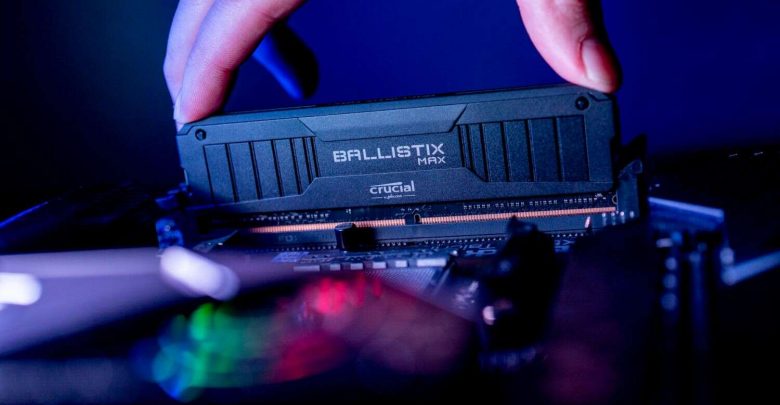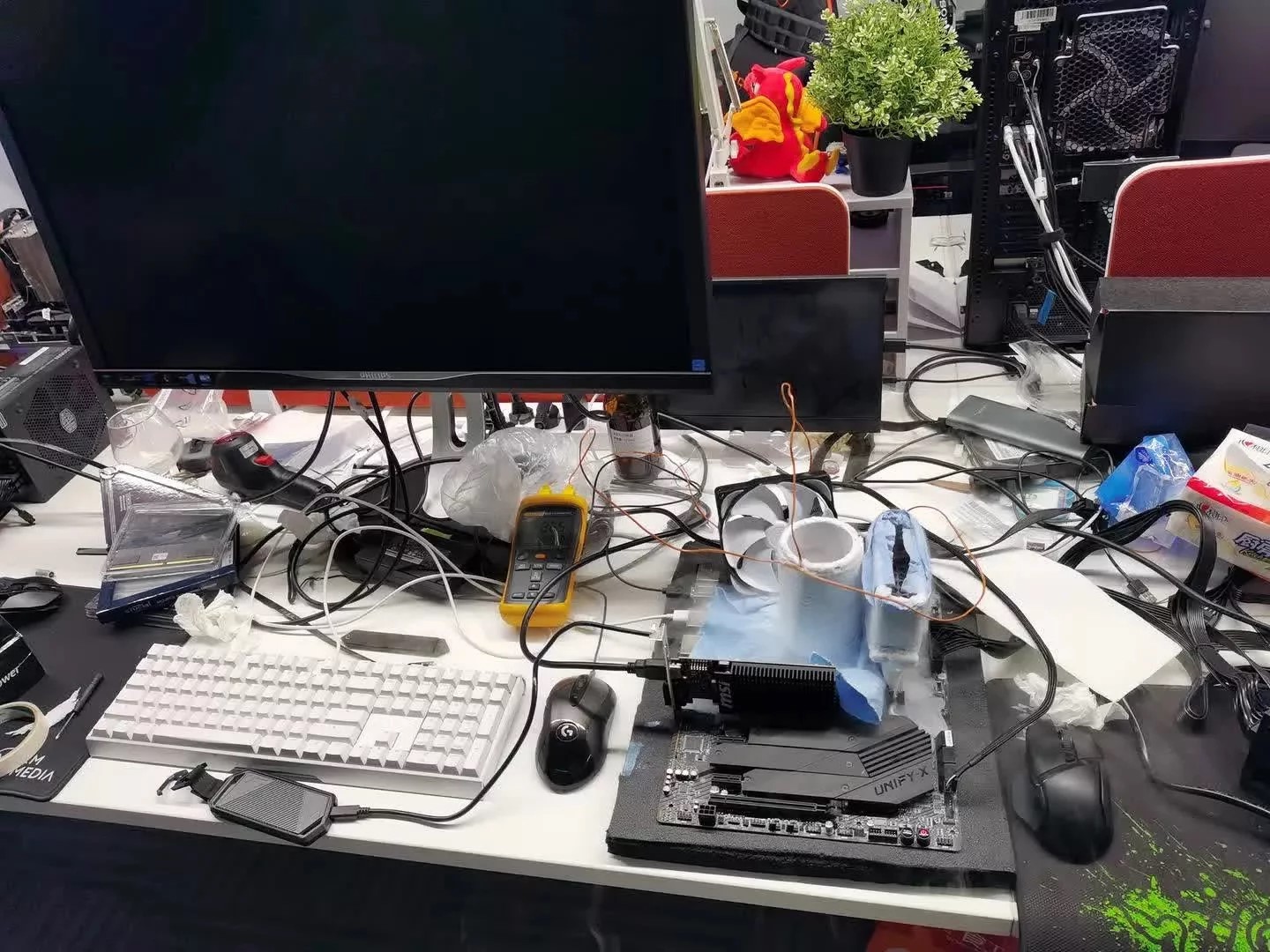
Overclocking computer components has been a niche in hardware, and there are some dedicated to push the limits of their current hardware. Today, Chinese overclocker baby-j set a world record blazing past 7000MHz on HWBot with a score of 7004MHz using a liquid nitrogen or LN2 solution. It was an impressive 75.1% overclock using a 16GB Crucial Ballistix Max DDR4-4000 (BLM16G40C18U4B.M8FB1) memory module. In the screenshots, the frequencies read 7006.4, but the validated results show 7004.2

Crucial Ballistix RAMs are an overclocker’s favourite
Crucial has a deep history in overclocking and has been on the stage many times, breaking multiple records. The Ballistix Max line of memory has become a favorite of many overclockers looking to push the boundary of memory overclocking. The previous record held by BIANBAO XE at 6666.6 MHz also used Crucial Ballistix Max memory.

The system used for the overclock was an AMD Ryzen 5 Pro 4650G CPU using a MEG B550 Unify-X marketed by MSI as its best extreme overclocking offering. The system takes full advantage of AMD’s Renoir APU’s which have proved to be some of the best chips for controlling memory. The previous record used the Ryzen 7 4700GE showing Renoir’s tight grip over the memory overclocking sector.

If you’re a memory enthusiast, you would understand that the Ballistix Max DDR4-4000 memory used in the world record is a single-rank 16GB module. The module leverages Micron’s B-die integrated circuits (ICs), and it’s rated for DDR4-4000 at 1.35V. Crucial doesn’t list the memory on its website, therefore, its primary timings are unknown. For the record, the overclocker obviously relaxed the timings to 22-26-26-46 (1T).
Fortunately, DDR5 memory is just around the corner, and the specification is already eyeing jaw-dropping frequencies up to 8,400 MHz, but DDR4 has shown the hardware world that it still has something left to fight for. With DDR5, however, you won’t need to submit your memory to extremes, or chug down gallons of liquid nitrogen to get the clocks shown here though.

